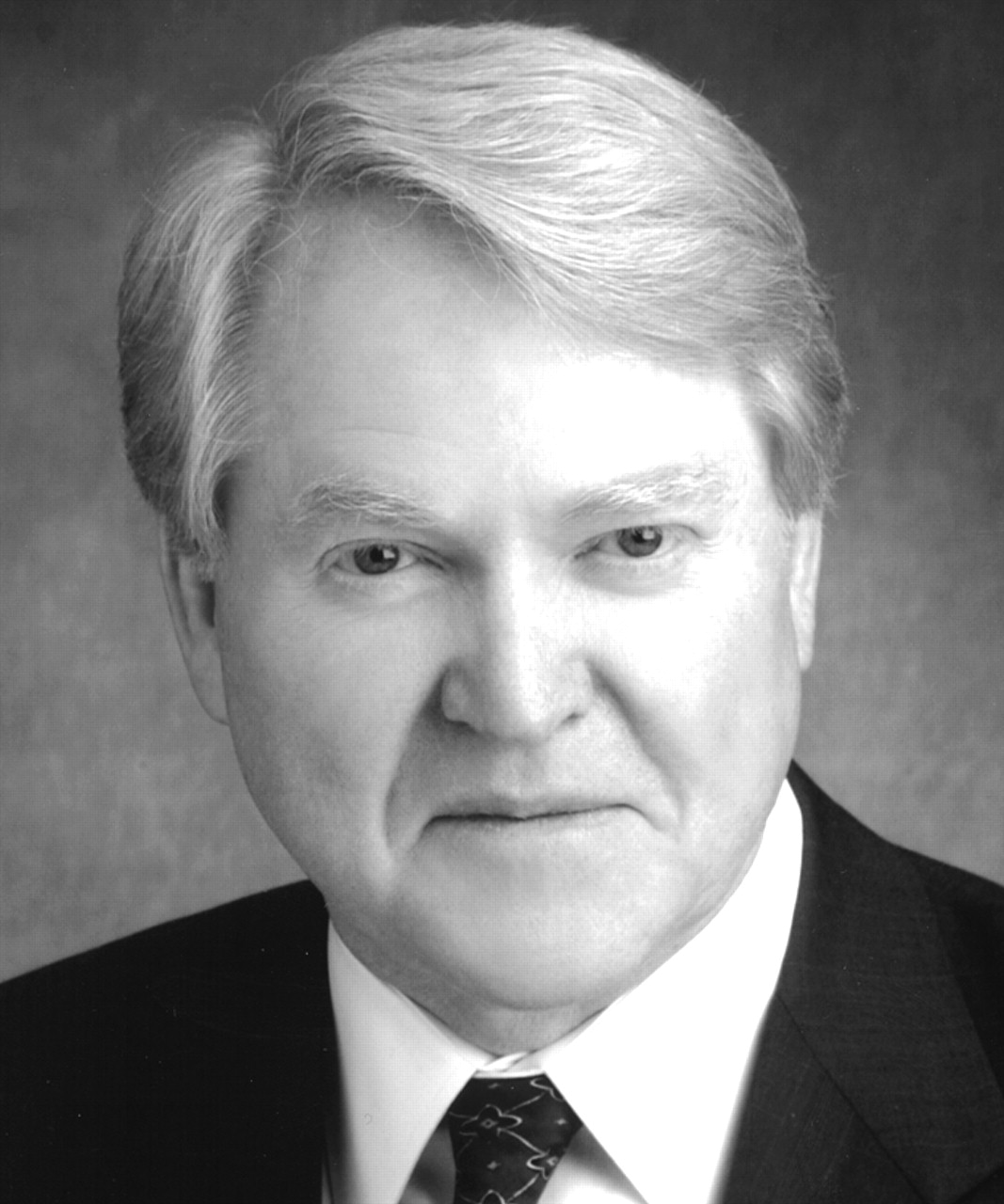Biographical Statement
In the 1850s my ancestors from the Old Country crossed the plains to Utah. Since the 1980s I have been crossing the country in planes for APA.
Fascinated as a boy by my psychiatrist father’s wall of books and his late-night-dinner conversations with my artist mother about the encounters of the day’s practice, I was predestined in the genes and the kitchen to become a psychiatrist. Schooled in medicine at the University of Utah, I was diverted from my professional path for five years by church service in Germany, a public health project in Greece, and Vietnam War duty as a flight surgeon, defending us all while offending some of us from an F-105.
I love psychiatry. It allows me to be a philosopher, historian, theologian, and teacher, as were my mentors at the University of Pennsylvania—Stunkard, Stinett, Sadoff, Beck, Brady, Bloom, Luborsky, and Menuchin—and still doctor patients.
I have been practicing psychiatry for 26 years with Intermountain Health Care, recognized as the best vertically integrated medical system in the nation. The reputation is close to deserved. My patients receive pharmacotherapy, psychotherapy, and sometimes electroconvulsive therapy, and my inpatients a hospital visit seven days a week. My workweeks are extended by forensic practice, “professing” on the clinical faculty of the University of Utah, examining for the ABPN, testifying on matters mental before the legislature, and lecturing to professional and civic groups, the newspaper readership, and the audience of the 10 o’clock news.
My life is enriched by my violin-teacher wife and three children musicians, who form a beautiful string quartet, and an oldest son scraping by with his wife and two adorable tiny daughters in the high-rent district of the universe while a psychiatry resident at Stanford, extending the Moench psychiatry legacy three generations, and—the babies haven’t decided yet—maybe four.
Candidacy Statement
I write this while burning midnight oil. All of my recent spare time has gone to lobbying, e-mailing, and testifying before Utah legislature committees on bills directly affecting the mentally ill. The sponsor of a bill prohibiting coercive holding for reactive attachment disorder asked me to give the APA position—easy to find, thanks to the Council on Children, Adolescents, and Their Families, which prepared the statement, and to the central office staff webmasters. A bill imposing stringent requirements on use of seclusion and restraint was withheld because we were able to show from the Federal Register the already stringent rules protecting patients, something I learned to find from DGR’s Jay Cutler. A bill to broaden the “dangerousness” requirement of the involuntary commitment law was amended to narrow definitions of serious mental illness and physical harm. My experience with the Committee on Psychiatric Diagnosis and Assessment prepared me well to testify on defining mental illness and salvage the usefulness of the bill. The Scientologists attempted to legislate ECT into oblivion. Having helped write APA’s Recommendations for the Practice of ECT and the practice guideline on major depression, I was able to point out the myriad flaws and dangers in the bill and, with the help of the medical association, the university, and NAMI, assist in its last-minute demise. APA provided what was needed for our influence to be persuasive.
This is APA/district branch collaboration as it is supposed to work. Such efforts would not have been successful without that partnership. Other things are beginning to work. A circuit court has ruled that HMOs making clinical decisions are practicing medicine and are liable. The RICO lawsuit is picking up steam. The anti-Ritalin lawsuits have all been dismissed. Scheduled Medicare fee reductions were stemmed. We have some form of nondiscriminatory mental health insurance coverage in 35 states, and Congress is getting ever friendlier to the idea. Declining applications for psychiatry residency have reversed. But not everything we try to do in APA works. Though we have sharply pared expenses, we are still expensive and inefficient because we are a democratic organization. We expend too much energy on internal processes. And we devote deliberative time to issues not always in proportion to their relative importance to our members. The nondiscrimination battle is not yet won. Medicare still has a 50 percent copay and 190-day lifetime inpatient limit. Increasing budgets for NIMH, NIDA, and NIAAA are now being reined in just when our advances in neuroimaging, genetics, and cell biology could take us far and fast.
State programs for children, the elderly, the poor, and the severely and persistently mentally ill are crumbling. Psychiatry residencies are forced to provide more and more service, leaving room for less and less teaching, and psychotherapy is in danger of becoming a quaint relic of a bygone era. Psychiatrists are restricted to doing less biopsychosocial treatment, while nonpsychiatrists are permitted to do ever more. We must accept Dr. Appelbaum’s challenge to make members’ dollars for sending representatives to the Assembly worth that use more than some other. In our cost cutting we have cut too much of what is most important for our members and patients—advocacy. To advocate we must activate, have fusion, reach critical mass—become again the voice of 40,000 psychiatrists. Otherwise we have only fission.
As Assembly recorder, I want to record that we did, we have, and we will. I want to record for my deceased psychiatrist father and my embryonic psychiatrist son that this is indeed a great time to be a psychiatrist. Let’s make it so. ▪

